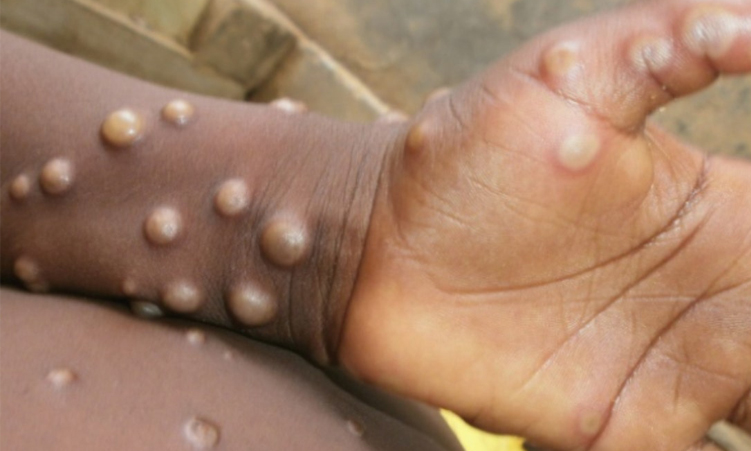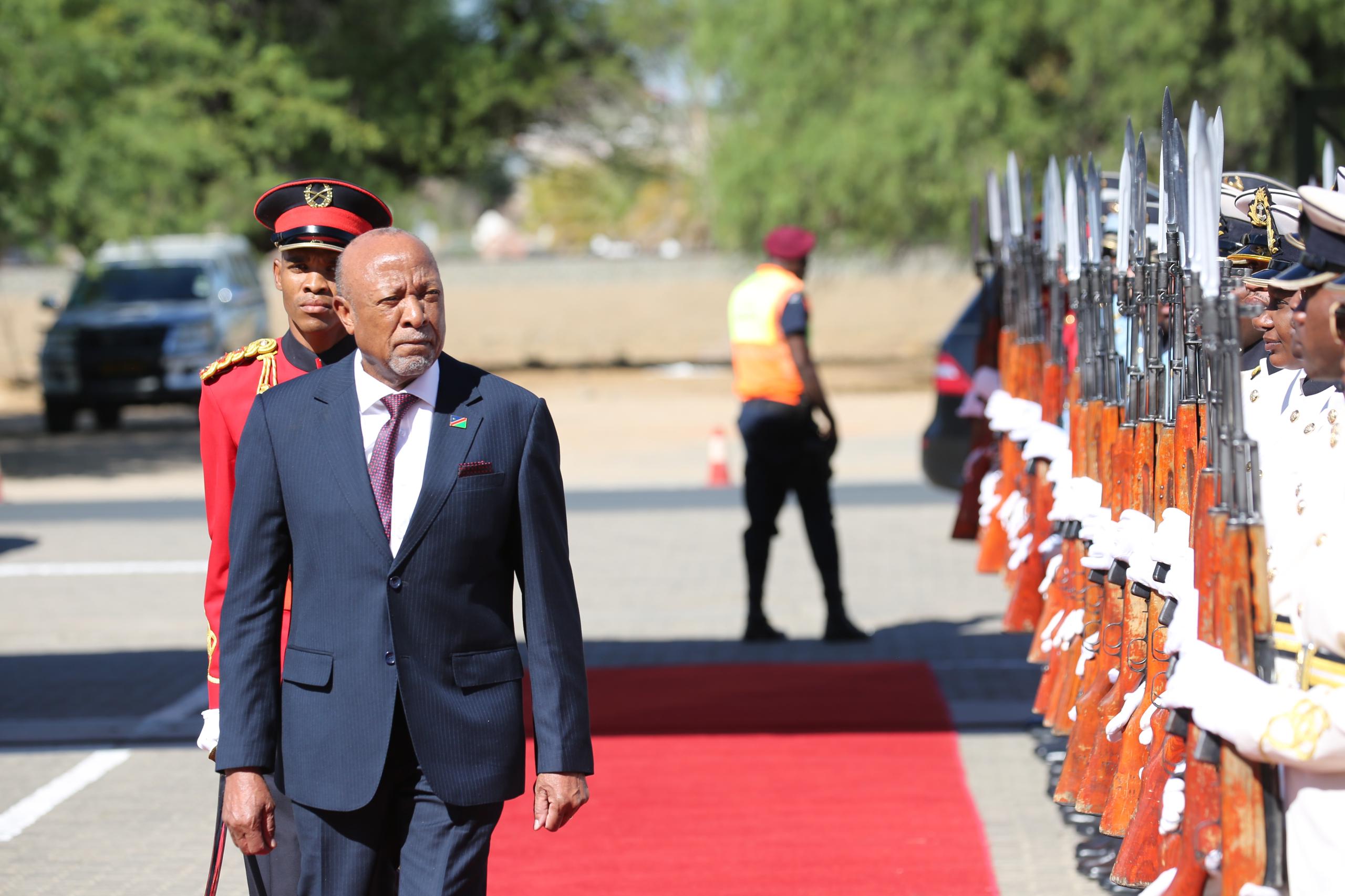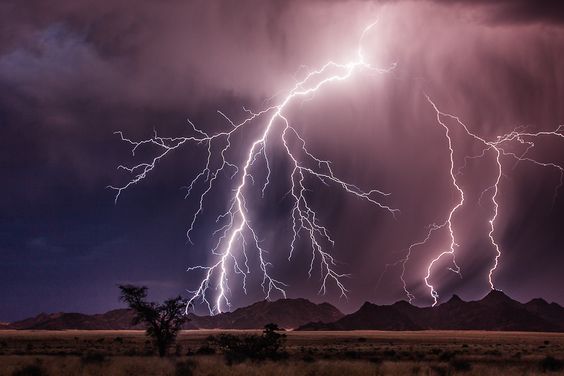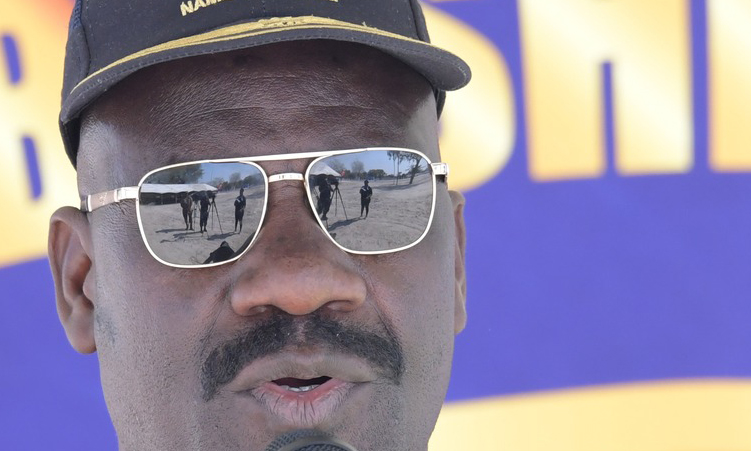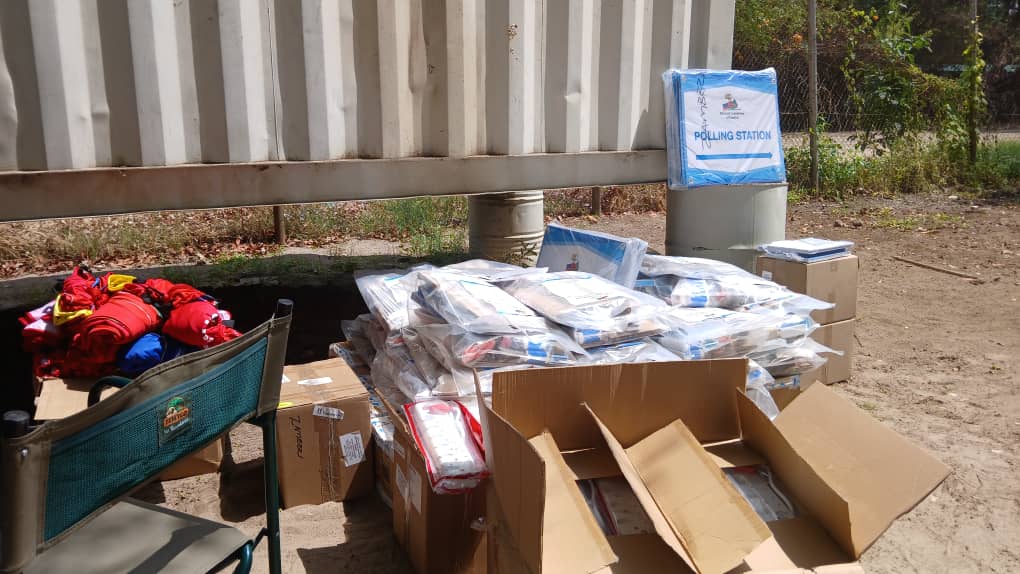Namibians have no reason to panic about the Africa Centres for Disease Control and Prevention’s declaration of mpox (monkeypox) as a public health emergency.
Ministry of Health and Social Services spokesperson Walters Kamaya yesterday said: “Mechanisms are in place to detect and maintain it if mpox hits our shores.”
He advised citizens not to panic as no potential cases have been reported in the country yet.
The ministry is yet to be informed of preventive measures by the Africa Centres for Disease Control and Prevention (CDC), Kamaya said.
Africa CDC director general Jean Kaseya yesterday said the declaration aims to magnify a global response, lessen the impact of mpox, and protect public health.
“This is not just another challenge, it is a crisis that demands our collective action – a moment that calls upon the very essence of our humanity, our unity and our strength,” he said.
Kaseya said the declaration will not interrupt the movement of people and goods.
The Africa CDC is Africa’s public health agency, bridging scientific, strategic and political aspects that require proactive and aggressive measures to be taken to contain and eliminate threats.
The Africa CDC is calling on member states to fast-track the emergency authorisation of mpox vaccines and safeguard public health to ensure rapid access to life-saving interventions.
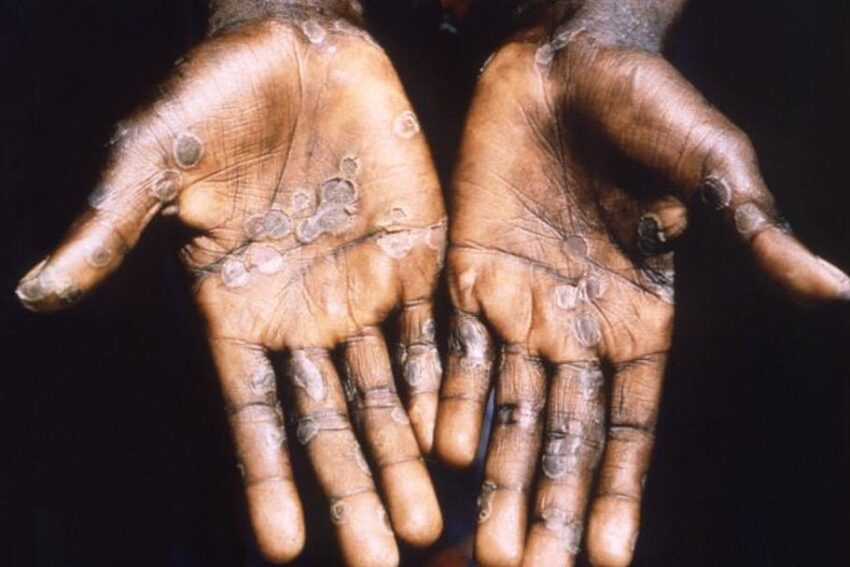
CLOSE CONTACT
Mpox, previously called monkeypox, spreads from animals to humans and between people through close contact with someone who is infected.
This includes through sex, skin-to-skin contact and talking or breathing close to another person.
The disease can cause symptoms such as fever, muscle aches and lesions all over the body.
If left untreated, mpox can be deadly.
There are two main strains of the virus known to exist.
A milder one caused the global outbreak in 2022 that affected Europe, Australia the United States and many other countries, and was mainly spread through sexual contact.
The second strain, a newly discovered variant in the Democratic Republic of Congo, is responsible for the endemic in central Africa.
“We will work with governments, international partners and local communities to ensure that every African, from the bustling cities to the remotest villages, is protected,” Kaseya said.
An agreement with Africa CDC, the European Union Health Emergency Preparedness and Response and Bavarian Nordic has been signed for the procurement and rapid distribution of 200 000 vaccine doses in Africa.
Kaseya is calling on all Africans to act with urgency and purpose and to follow the guidance of health authorities and support one another – “especially the most vulnerable among us to turn the tide of this crisis”.
“Mpox may have taken us by surprise, but it will not defeat us. Together, we will rise above this challenge, protect our people, our future and our continent,” he said.
– Additional reporting by BBC
Stay informed with The Namibian – your source for credible journalism. Get in-depth reporting and opinions for
only N$85 a month. Invest in journalism, invest in democracy –
Subscribe Now!


